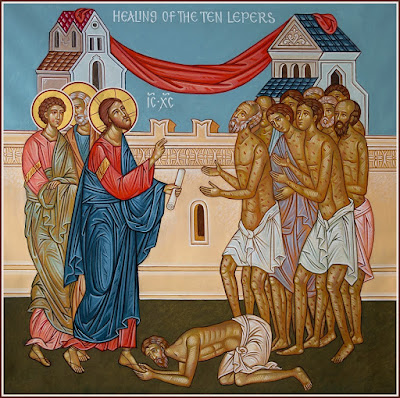Winter, Lincoln. Catechetics: Fixing Confirmation. 2019. 452 pp.
At the outset, it is only fair to tell the reader that my name can be found on the acknowledgments page as one of three prepublication review editors.
Christians of all backgrounds have wrestled with the issue of instilling the faith into recent converts and subsequent generations. How do we teach so that doctrine is planted deeply into souls that remain faithful to the end? For centuries, the proscribed solution was catechesis: a system of questions and answers designed to give the learner the basics of the faith. In the modern western church, the most well-known of these are
Catechism of the Catholic Church,
Westminster Shorter and
Larger Catechism, and
Luther’s Small and
Large Catechism. Lincoln Winter recognizes that though the historic catechetical instruction methods are of great benefit, their purpose has been co-opted through the adaptation of modern educational methods and goals, thus impairing authority and weakening effectiveness. Because he is an ordained pastor in the Lutheran Church—Missouri Synod (LCMS), this book is written from his observations within that church body; however, I have read and interacted with pastors of other church bodies giving the resulting anecdotal consensus that the problem knows no denominational boundaries, and the solution is identical: return to classical instruction of Scripture and confessional documents.
The opening four chapters are devoted to the definition and history of catechesis. He demonstrates how it has roots solidly in the pages of Holy Writ and extends to the post-apostolic period in documents such as
The Teaching of the Twelve (or
Didache),
Apostolic Traditions, and Cyril of Jerusalem’s
Catechetical Lectures. This is important as it helps the uninformed to understand that catechesis did not begin during the Reformation. As part of this, there is also a brief historical look at confirmation, which aids in understanding the author’s thesis. Winter then focuses on the Lutheran catechisms and educational developments in the LCMS to the present.
Chapters five and six look at the practical value of Luther’s Small Catechism (SC) as instructional material for doctrine and use as a prayer book, after which attention is turned toward the inherent interconnected nature of the Large Catechism (LC) as explanation for the SC versus the synodical decision to write and subsequently update explanations to the SC. This useful study demonstrates the strengths and weaknesses of both SC-LC and SC-Synodical correlation. This has implications for those outside Lutheranism, because even though the confessional and instructional documents may vary, caution must be given when attempting to improve on foundational methods, however well-intended.
Chapters seven and eight attempt to define the goal of catechesis and its relation to confirmation. Catechesis and confirmation have been linked for several centuries with the instruction initially being given prior to baptism but now is reserved for a particular age (in the case of a child) arbitrarily set by the denomination. This begs the question: is this model appropriate? While we are accustomed to such a model in our public school system, the author demonstrates that this is woefully inadequate in spiritual things and needs to be addressed.
Chapters nine through twelve deal with the responsibility of catechizing: first by examining the spheres of influence and authority within each, then looking at both the catechist and catechumen. Winter does a good job establishing the father, and by extension the mother, as chief catechist in the home. Here is where the foundational training will occur. Within the church realm, the pastor or chief catechist will add to this instruction. Finally, school will undergird (and add to as needed) what has been taught and interconnect that with the world around. The issue at this point becomes what is age-appropriate catechesis? When do parents begin, and when does the pastor examine or complete it? The author acknowledges the typical timeline ending with confirmation in the mid-teens, but advocates that the instruction can and should be earlier in life and be fluid in relation to the readiness of the catechumen. Finally, there is a comparison of classical versus progressive catechetical models, demonstrating the superiority of the former.
Chapters thirteen through fifteen examine the multilayered nature of catechesis and how that interacts in and with church life through preaching, liturgy, and ceremony. Many understand the first of these three, however, the format of worship and actions performed within that framework teach more than is commonly acknowledged. If teaching is more caught than taught, as the old saying goes, the entirety of the worship meeting must be examined. Chapter sixteen, then, examines he life of the catechumen and how his or her spiritual disciplines add or subtract to catechesis. Finally, chapter seventeen offers obstacles to catechesis.
In all, I found this to be a solid work, rightly examining the issues and challenges of catechesis while offering solutions for going forward. While this book addresses the need in a specific Lutheran synod, someone from any denominational body could glean the benefits of the research found herein to formulate and develop better a instruction methodology based on solid, historic practice rather than current trends. Also, there is a helpful appendix giving a good, practical framework for catechesis.
My only disappointment in this book has to do with typography and English mechanics. While going through the manuscript, I addressed errors where they might be found, but upon reading the finished work, many more came to light. With more time, I could have proofread the material more closely. Alas, all involved were under a time crunch, so some things slipped through. Perhaps these can be updated for future printings.









